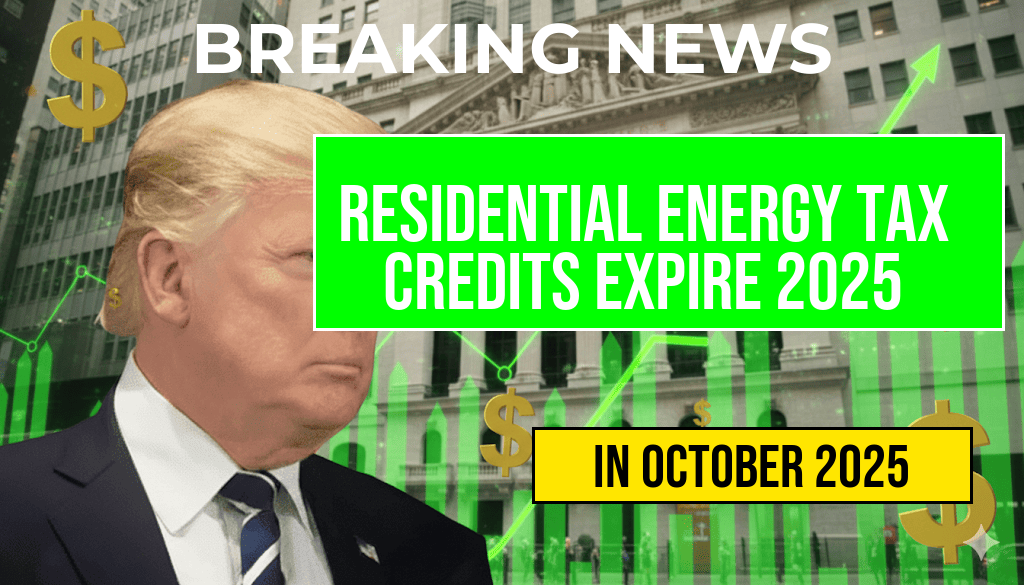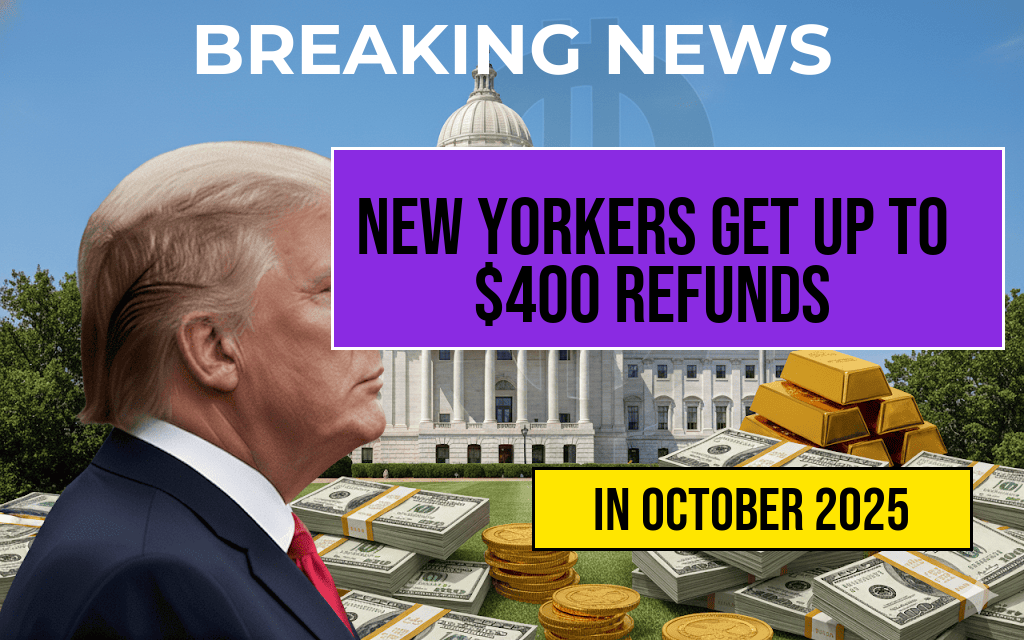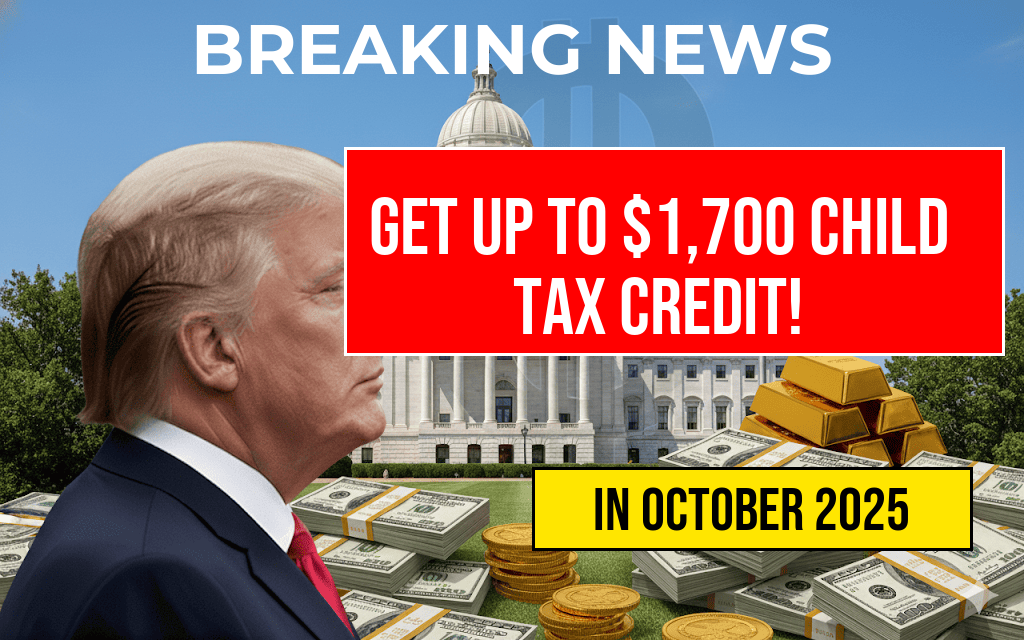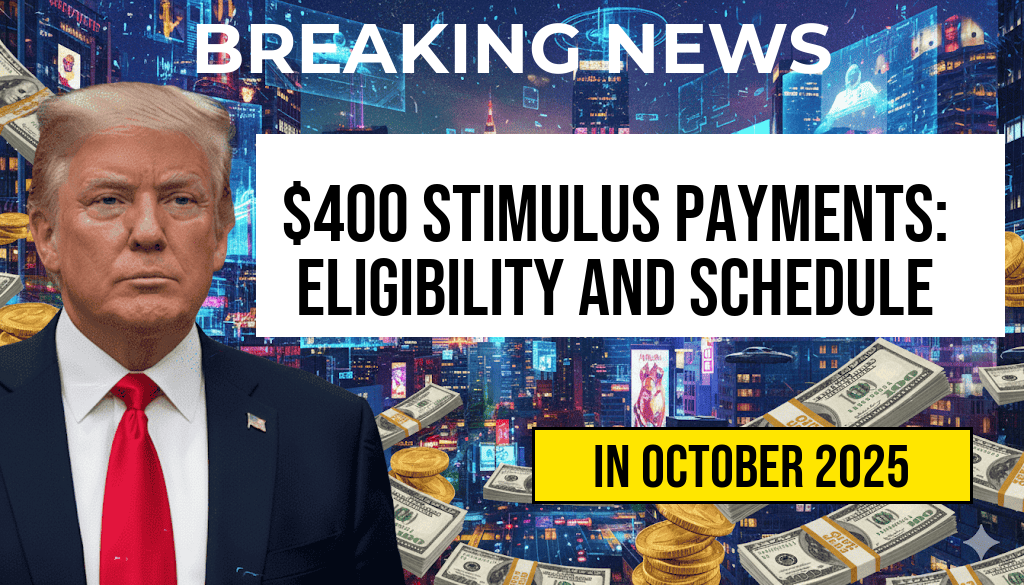As the deadline for residential energy tax credits approaches, homeowners across the United States are bracing for the potential loss of significant financial incentives for green energy improvements. The federal tax credits, which encourage investments in renewable energy systems such as solar panels, geothermal heating, and wind turbines, are set to expire at the end of 2025. This expiration raises concerns about the future of residential green energy initiatives and the financial burden that may follow for homeowners looking to adopt sustainable energy solutions.
The Importance of Energy Tax Credits
Since their inception, residential energy tax credits have played a pivotal role in stimulating the adoption of renewable energy technologies. These incentives have helped homeowners offset the costs associated with purchasing and installing energy-efficient systems. According to the U.S. Department of Energy, these credits can cover a significant portion of the installation costs, making green energy more accessible to the average homeowner.
Current Benefits of Residential Energy Tax Credits
- Solar Energy Systems: Homeowners can receive a tax credit of 26% of the cost of solar panel installations.
- Geothermal Heat Pumps: A tax credit of 26% is also available for geothermal heat pump installations.
- Wind Turbines: Homeowners can claim 26% of the cost for small wind turbine installations.
- Energy-Efficient Upgrades: Other upgrades, such as energy-efficient windows and doors, can qualify for up to 10% of the cost.
Implications of the Expiration
The expiration of these tax credits could significantly impact the residential renewable energy market. Experts predict that the loss of federal incentives may lead to a slowdown in the growth of green energy installations. Homeowners might hesitate to invest in renewable energy technologies without the financial cushion provided by tax credits, potentially stalling progress toward national sustainability goals.
Market Reactions and Future Investment
As the deadline looms, many industry leaders are advocating for the extension of these credits. Organizations such as the Solar Energy Industries Association (SEIA) argue that the continuation of tax credits is essential not only for economic growth but also for combating climate change. A study from the National Renewable Energy Laboratory indicates that the renewable energy sector could lose thousands of jobs if these incentives are not extended.
Alternatives and State-Level Incentives
While the federal tax credits are set to expire, some states have developed their own incentives to promote green energy. A variety of programs exist, offering rebates, grants, and local tax credits, which could help offset costs for homeowners. However, these programs vary widely by state and may not be as generous as the federal credits.
State-by-State Overview of Incentives
| State | Incentive Type | Details |
|---|---|---|
| California | Rebate | Up to $1,000 for solar installations |
| Texas | Tax Credit | Local property tax exemptions for solar systems |
| New York | Grant | Up to $5,000 for energy-efficient upgrades |
Conclusion: A Call to Action
The impending expiration of residential energy tax credits represents a critical juncture for homeowners and the renewable energy industry alike. As the nation grapples with the challenges posed by climate change, the continuation of these incentives could provide the necessary support for the transition to a greener future. Advocates urge consumers and policymakers to act quickly to ensure that the financial benefits of renewable energy are not lost to time.
Frequently Asked Questions
What are the Residential Energy Tax Credits?
The Residential Energy Tax Credits are incentives offered by the government to encourage homeowners to invest in renewable energy systems, such as solar panels, wind turbines, and energy-efficient home improvements.
When are the Residential Energy Tax Credits set to expire?
The Residential Energy Tax Credits are scheduled to expire after 2025, meaning that homeowners will need to take advantage of these benefits before the deadline.
What types of green energy projects qualify for the tax credits?
Eligible projects for the Residential Energy Tax Credits include the installation of solar energy systems, geothermal heat pumps, fuel cells, and energy-efficient windows, doors, and insulation.
How can homeowners apply for the Residential Energy Tax Credits?
Homeowners can apply for the Residential Energy Tax Credits by completing the appropriate forms during tax filing, usually using IRS Form 5695 to claim the credits for eligible energy-efficient expenditures.
What happens if the Residential Energy Tax Credits expire?
If the Residential Energy Tax Credits expire, homeowners may lose out on significant tax savings, which could discourage investments in green energy and hinder the overall adoption of renewable technologies.













